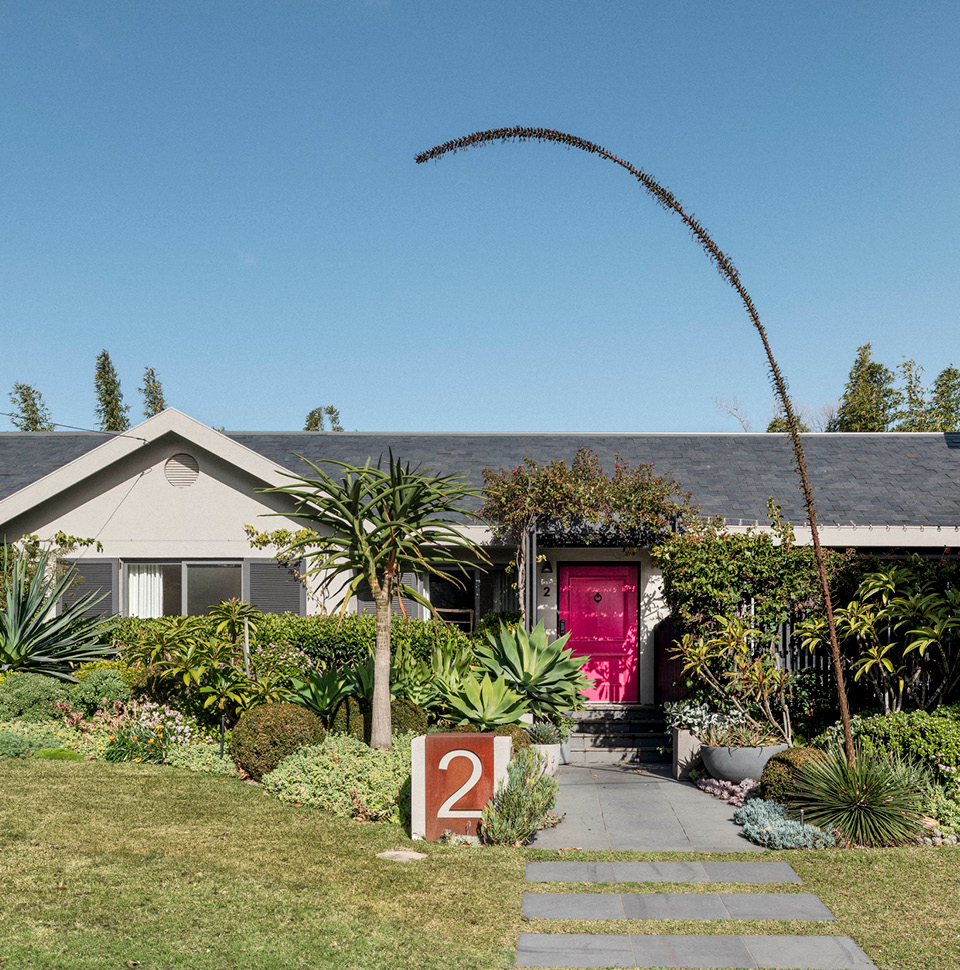The Value of a Home: Benefits of Permanent Housing

August 2-8 is Homelessness Week 2021, a week which aims to bring awareness to the causes and impacts of homelessness. This year’s theme for Homelessness Week is ‘Everybody Needs a Home’, highlighting the importance of permanent housing for all those experiencing homelessness in our community.
According to the 2016 Census, more than 116,000 people in Australia experience homelessness on any given night. While many see homelessness simply as sleeping rough – couch surfing or temporary/crisis accommodation are also considered as homelessness. Homelessness is simply the absence of adequate, permanent housing, and unfortunately the current shortfall of social and affordable housing is expected to increase to more than one million dwellings by 2036.
Here at Homes for Homes, we strongly believe in a ‘Housing First’ approach where homelessness is solved primarily through the creation of safe, secure and permanent housing. Importantly, housing is more than just shelter – it is often the catalyst for a more stable, secure and fulfilling life.
The value of a home
The impact and cost of homelessness is well understood on both an individual and community level. But what value can a safe place to call home bring?
Vivienne Skinner and Phillippa Carnemolla’s research paper Outcomes Associated with Providing Secure, Stable, and Permanent Housing for People Who Have Been Homeless: An International Scoping Review analyses 100 international studies about prioritising permanent housing as a solution for homelessness. They found ‘overwhelming benefits to both homeless individuals and the wider community in systematically addressing the issue’. Research revealed housing is a ‘circuit-breaker’ for people experiencing homelessness ‘upon which they can make better decisions and build healthier, longer lives’. Many areas were identified to have a vast improvement when in permanent housing. These include:
Health: Every study analysed in the paper saw a drop in health services once an individual was permanently housed. Physical and mental health saw improvements as people were able to increase their sleep, manage their medications and care, and reduce stress, depression, anxiety and risk of infection.
Criminality: Studies reported that once permanently housed, less time was spent in jail with less encounters with police and arrests. In particular, scattered housing created a reduction in criminal justice services compared to congregated housing sites (Whittaker et al. 2016, cited in Skinner and Carnemolla 2020). Housing also provides safety from criminal behaviour, particularly for women and children leaving dangerous environments. In the 2016 Census one of the fastest growing groups of homelessness was women over the age of 55, this is often due to domestic and family violence.
Quality of life: Skinner and Carnemolla found ‘housing was an early step in rebuilding identity and restoring a sense of ‘personhood’’. A Canadian two-year study of Housing First participants found that once settled in housing participants lives changed from being ‘survival-oriented’ to ‘peaceful’ (Goering et al. 2014, cited in Skinner and Carnemolla 2020). Some research revealed difficulties in adjusting to permanent housing, therefore it is important that a person’s transition out of homelessness is supported with adequate resources alongside permanent housing.
Reduction in social services: Studies also revealed that permanent housing created value for communities and taxpayers through a reduction in services such as the justice system, hospitals and health, and services for mental health and addiction. The Australian Housing and Urban Research Institute (AHURI 2013) found the cost saved to services for a single man in housing would be over $1 million over a lifetime.
Other areas that saw improvement include education and employment, community participation, substance use and food related outcomes.
How Homes for Homes helps
How do we, as a community, work towards ending homelessness? How do we give those who need it, access to safe and secure housing?
Homes for Homes is a collaborative solution that raises new, private funds for the creation of social and affordable housing. When you register your property with Homes for Homes you commit to donating 0.1% of your sale price to Homes for Homes, which will be pooled and donated to social and affordable housing projects in the state or territory of donation.
“By 2036 the gap between the supply and demand for social housing is projected to grow to as much as one million properties – posing a major challenge for our community at large. We know that the home is fundamental to positive change both individually and in the community. This research reinforces this belief and our mission at Homes for Homes,” Homes for Homes Chief Executive Officer Steven Persson said.
“Homes for Homes is an innovative solution that all property owners can support. Homes for Homes has already granted more than $1 million to social and affordable housing projects, and we are on track to deliver hundreds of millions of dollars more in the coming years. Homelessness Week is the perfect opportunity to remind and encourage Australians to come together and help those living on the margins to secure safe and housing.”
How do I get involved?
You can register your property or learn more on the Homes for Homes website.
